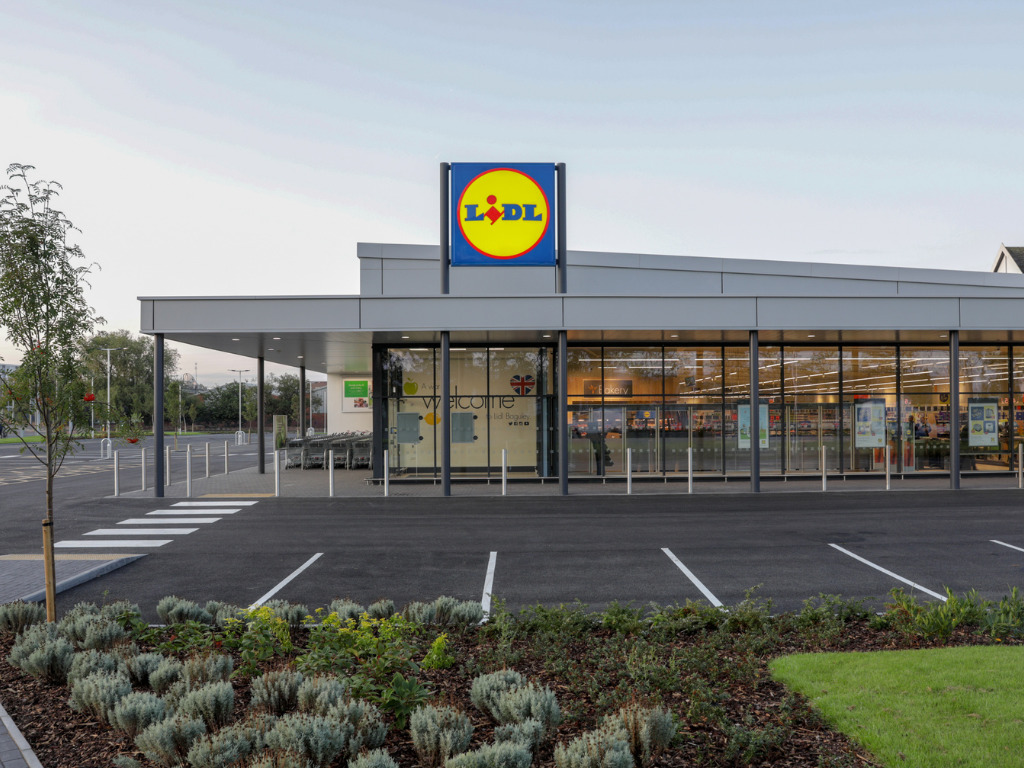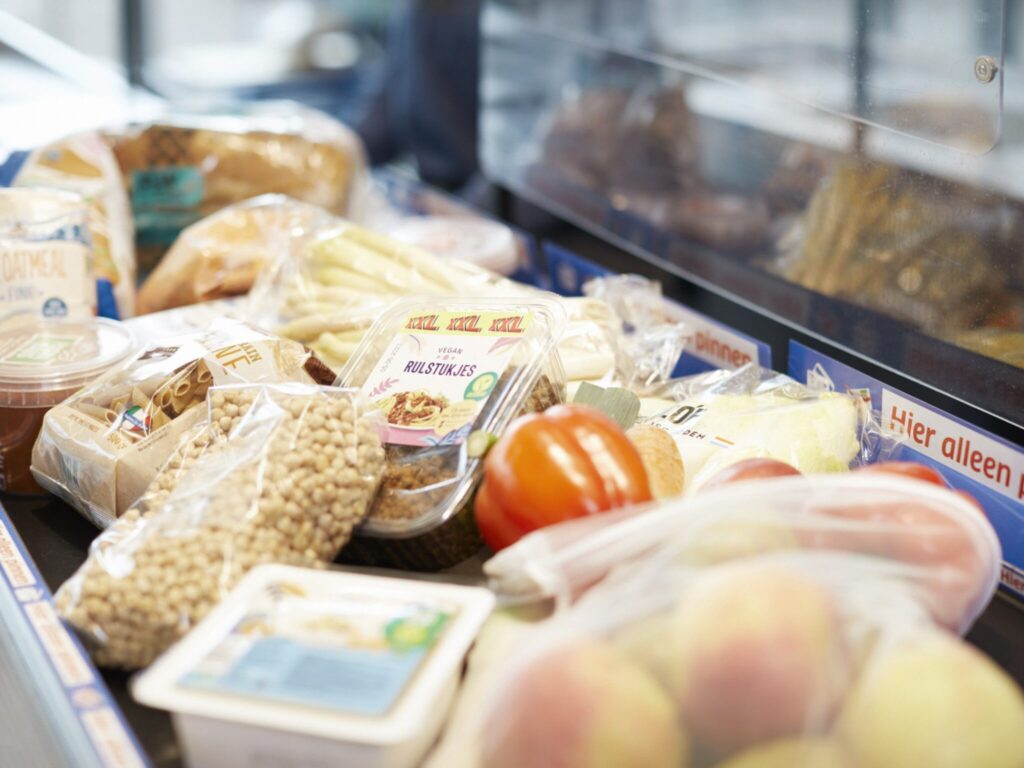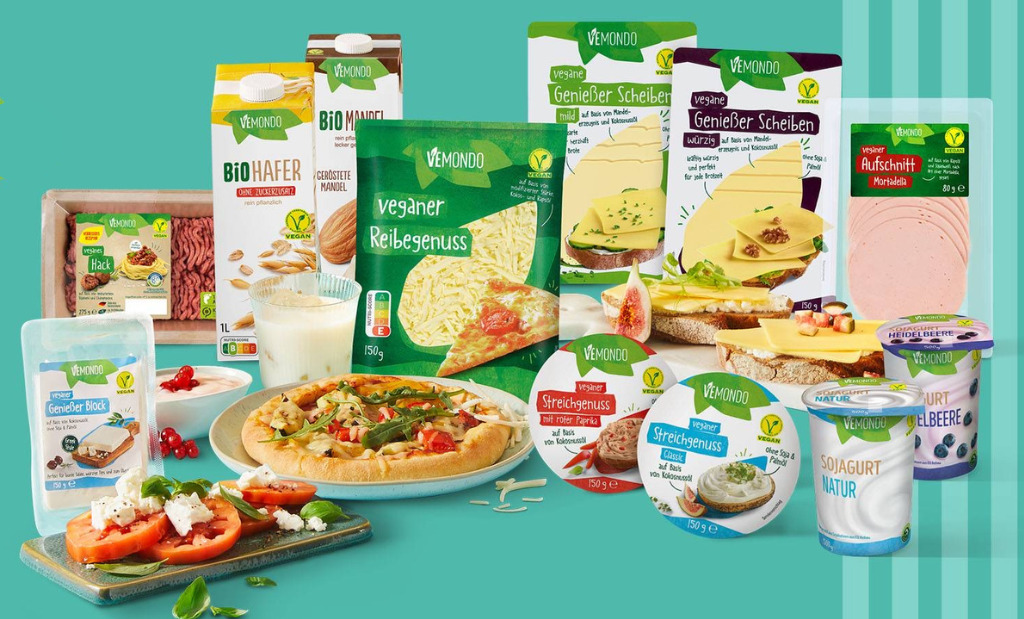Lidl Teams Up with WWF to Promote Sustainable Diets, Cut Food Waste & Help People Make Greener Choices
5 Mins Read
German discount retailer Lidl has partnered with the World Wildlife Fund to conserve biodiversity, promote planet-friendly diets, and reduce food waste across 31 countries.
One of the world’s largest retailers, Lidl, has entered a five-year, 31-country partnership with global conservation group the World Wildlife Fund (WWF) to speed up its sustainability efforts.
The collaboration will focus on making Lidl’s entire value chain more planet-friendly, ensuring greater consumer access to sustainable choices, and building nature-positive business models. The two entities will do so through efforts to create deforestation-free supply chains, engage in advocacy for sustainable diets, and reduce food waste.
“In our role as one of the largest food retailers, we are aware of our responsibility and our influence,” said Christoph Pohl, chief purchasing officer at Lidl International. “We take responsibility with the aim of doing business within planetary boundaries.”
Kirsten Schuijt, director-general of WWF International, added: “Lidl has enormous international leverage to drive sustainable change in the food and retail industry. WWF is proud to accompany Lidl on this journey on which we will both support and challenge the retailer.”
Responsible sourcing on the agenda with EU deforestation laws

The link-up comes a year after Lidl GB became the first discount supermarket to sign the WWF’s Retailers’ Commitment for Nature, which is an industry-wide agreement designed to have the climate impact of British shopping baskets by 2030 (from a 2019 baseline).
“The way we produce and consume food and energy is one of the leading drivers of nature loss and climate change,” said Schuijt. “In order to halt and reverse what is the biggest crisis facing humanity today, we need bold and urgent actions towards changing our food and energy systems, and the food and retail sector has a big role to play in driving this change.”
Lidl has been working with the conservation group across individual markets like Austria and Switzerland, and the new partnership is looking to expand the scope of this work globally, with a common goal of enabling shoppers to make more planet-friendly choices.
The partnership will focus on several areas, including conversation and promotion of biodiversity, responsible management of water sources, and environmental protection through science-based climate targets.

Responsible sourcing is a major highlight. Working with the WWF, Lidl plans to build and expand traceable, deforestation-free and conversion-free supply chains – this will be key as policymakers begin to clamp down on deforestation, most notably the EU from next year.
Lidl wants to ensure responsible sourcing of “critical raw materials” like palm oil, soy, cocoa, tea, coffee, wood, and paper products – all commodities that fall under the EU’s upcoming legislation, which prohibits imports of any of these items that have links to deforestation. Additionally, fish and seafood are part of the sourcing focus too, as is the safeguarding of fishing grounds and stocks.
“Sustainable management is not only a question of attitude, but also the basis for the future viability of our business model,” said Pohl. “With the support and expertise of WWF, we will now take our commitment to sustainability to the next level. We can only overcome major global challenges such as climate change and nature loss by working together.”
Lidl hones in on dietary shift and food waste goals

Outlined in the agreement are two areas that Lidl has made a lot of progress on and set long-term goals for: sustainable diets and food waste.
The retailer wants to advocate for “more conscious, sustainable diets and consumption” and cut food waste, which are two key tenets of the global fight against the climate crisis. The food system accounts for a third of all emissions, 60% of which comes from meat production. In parallel, food waste is responsible for 8-10% of greenhouse gas emissions, with a majority of that coming from households.
Lidl is well on track to meet its target of halving food waste by 2030 (from 2016 levels), having already reduced it by 43% by 2023. Meanwhile, plant-based foods – which emit half the emissions of meat and dairy – are becoming a more prominent fixture on the retailer’s shelves.
In the UK and Ireland, plant proteins are slowly encroaching upon the share of animal proteins sold, with whole foods and meat analogues making up 15.3% of all proteins sold in 2022/23 (up from 14.4% the year before. Likewise, dairy alternatives went up a percentage point to reach 7.4% of overall dairy sales.
This is part of Lidl GB’s larger effort to increase sales of its private-label meat-free and plant-based milk ranges – under the Vemondo brand – by 400% by the end of the decade, compared to 2020 levels.

In the Netherlands, it is one of 11 supermarkets that have pledged to have at least 60% of all proteins sold be plant-based by 2030. Also in this country, it boosted the sales of its own-label meat analogues by 7% after placing them in the meat aisle for six months.
It made the same move in its home market too, with all 3,250 Lidl stores in Germany featuring plant-based dairy and meat next to their conventional counterparts. To encourage further adoption, it lowered the price of all vegan analogues to match animal-derived meat and dairy. The price shift was also carried out in Belgium.
These are major moves from a company that employs over 376,000 employees across 31 countries, and whose parent, the Schwarz Group, made €167.2B in 2023. For Lidl, the WWF partnership will only aim to accelerate its goal to cut scope 1, 2 and 3 emissions – excluding forest, land and agriculture (FLAG) – by 90% by 2050, and FLAG emissions by 72%.



